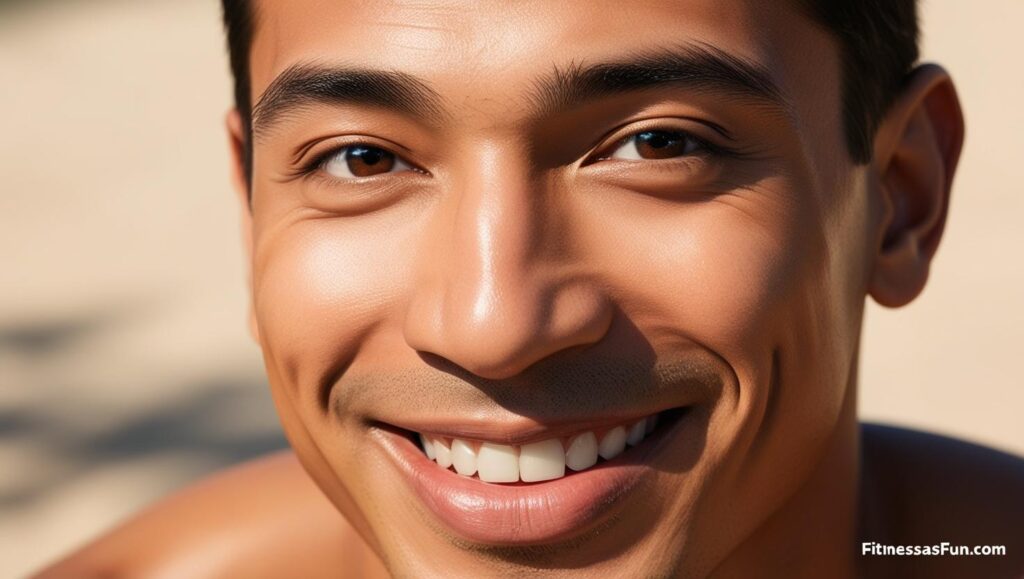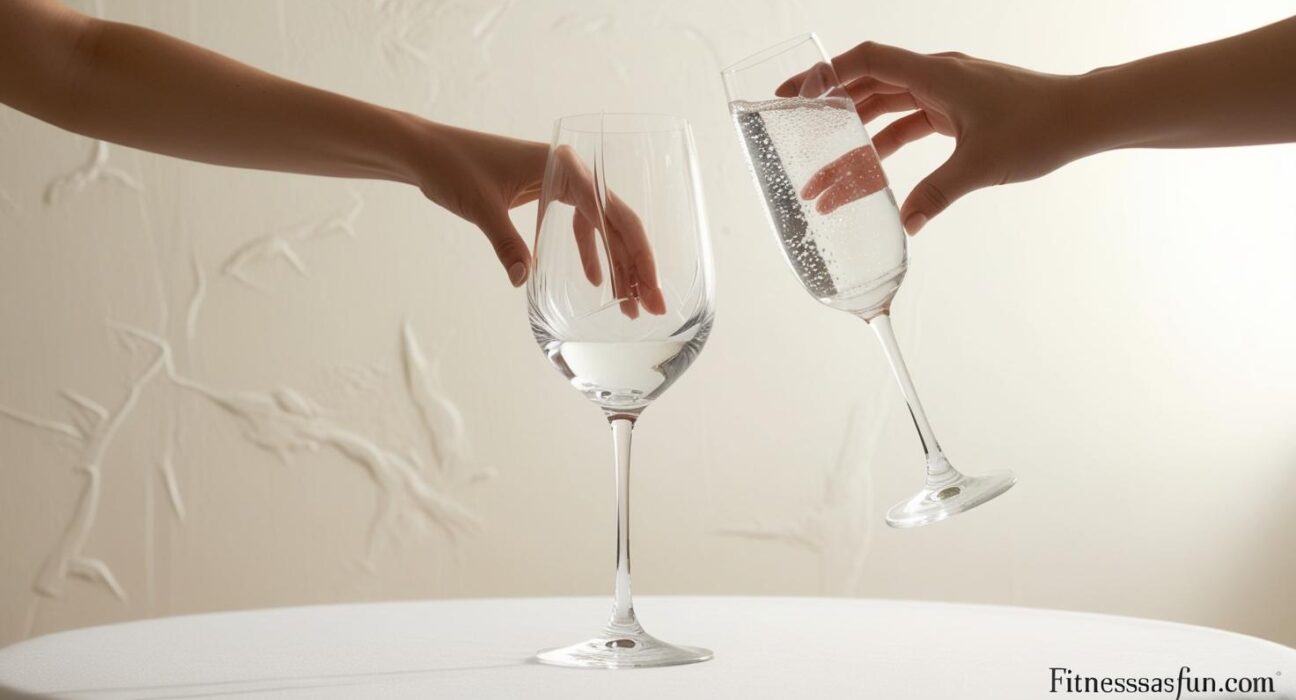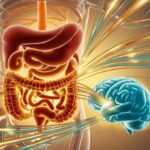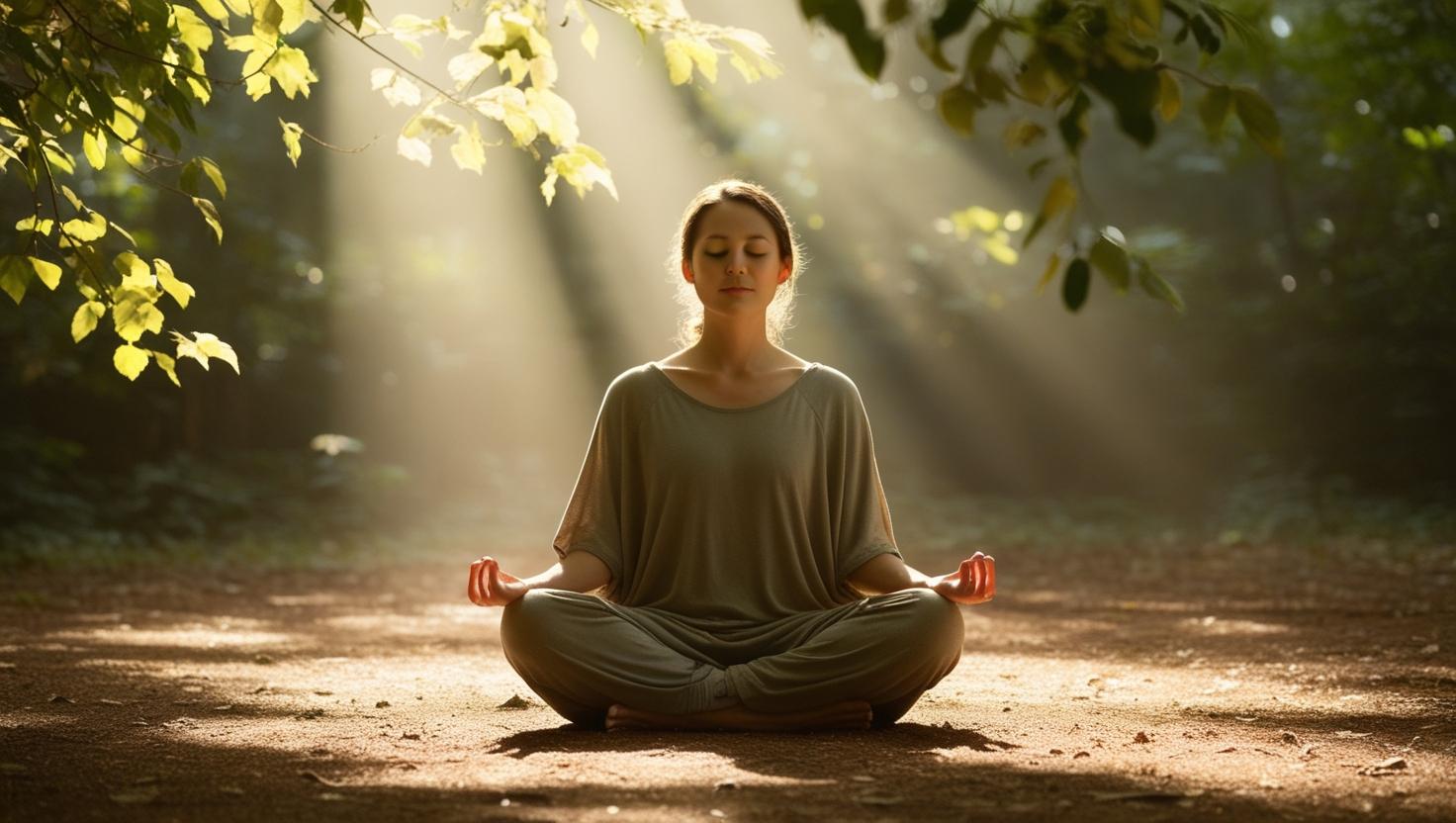Quitting alcohol for 30 days is not just a challenge. It’s a reset — for your brain, your body, and your life.
Let’s walk through what really happens when you stop drinking for 30 days — week by week.
Week 1: The Detox Hits Hard (Days 1–7)

This is the roughest patch. Here’s what to expect:
- Sleep is a mess. You may wake up at 3 a.m. sweaty and restless. That’s your brain adjusting.
- Cravings kick in. Your brain wants dopamine — and it’s not getting it from booze anymore.
- Mood swings are real. Expect irritability, anxiety, and brain fog.
- Your liver starts cleaning house. Enzymes kick into gear to flush out toxins.
My Experience:
On Day 3, I nearly cracked. My after-dinner wine ritual had become automatic. But journaling helped. Writing down “why I’m doing this” became my lifeline.
Week 2: The Fog Begins to Lift (Days 8–14)

Things start improving — slowly but surely.
- Sleep quality improves. You may not sleep longer yet, but you’ll wake up clearer.
- Skin looks better. Reduced inflammation = healthier glow.
- Energy rebounds. No more waking up groggy with regrets.
- Digestion improves. Your gut finally catches a break.
Pro Insight:
Hydration makes a huge difference here. Alcohol dehydrates your system; drinking 2–3L of water daily accelerates your recovery.
Week 3: Mental Clarity Returns (Days 15–21)

Now we’re getting somewhere.
- You feel more emotionally stable. Less reactive, more grounded.
- Focus increases. Work, conversations, and even reading feel easier.
- Weight loss begins. Fewer liquid calories and better food choices show up on the scale.
- Blood pressure stabilizes. Especially if you drank regularly.
Quick Tip:
Use this burst of clarity to build momentum. Start journaling your wins. Small things, like waking up earlier or choosing water over soda, matter.
Week 4: Real Transformation Begins (Days 22–30)

This is where most people say, “I don’t even miss it anymore.”
- You’re sleeping deeply. REM sleep normalizes. No more tossing at 2 a.m.
- Your skin looks fantastic. Brighter eyes, tighter pores, fewer breakouts.
- You look leaner. Belly bloat disappears. Your jawline reappears.
- You feel proud. And that builds identity-level change.
Reality Check:
You might still face social pressure — “Just one won’t hurt.”
But now, your ‘why’ is louder than their ‘why not.’
Beyond Day 30: What’s Next?
You’ve proven you can do hard things. Now you have three paths:
- Stay alcohol-free. Many continue the streak — 90 days, 6 months, forever.
- Reintroduce consciously. Some go back but with rules — like “only on weekends.”
- Fall back completely. This happens too. But it’s a chance to reset again — with awareness.
Choose what aligns with who you’re becoming, not who you were.
Final Thought: It’s Not Just About Alcohol
Going 30 days alcohol-free is like cleaning the lens through which you see yourself.
You start noticing how much time, energy, and money it took from you.
And now — you get to reclaim all of that.
Frequently Asked Questions (FAQs)
Q: Can 30 days without alcohol really make a difference?
Yes. Your liver, brain, skin, sleep, and mental health all start improving within this timeframe.
Q: Do you lose weight after quitting alcohol?
Most people do — both from reduced calories and better food choices.
Q: How do I handle social events during this?
Plan your script. Bring your own non-alcoholic drink. Say, “I’m on a 30-day challenge” — people respect clarity.
Q: Is it safe to quit cold turkey?
If you were a heavy daily drinker, consult a doctor. Withdrawal can be serious. Otherwise, for light to moderate drinkers, yes — it’s safe.






